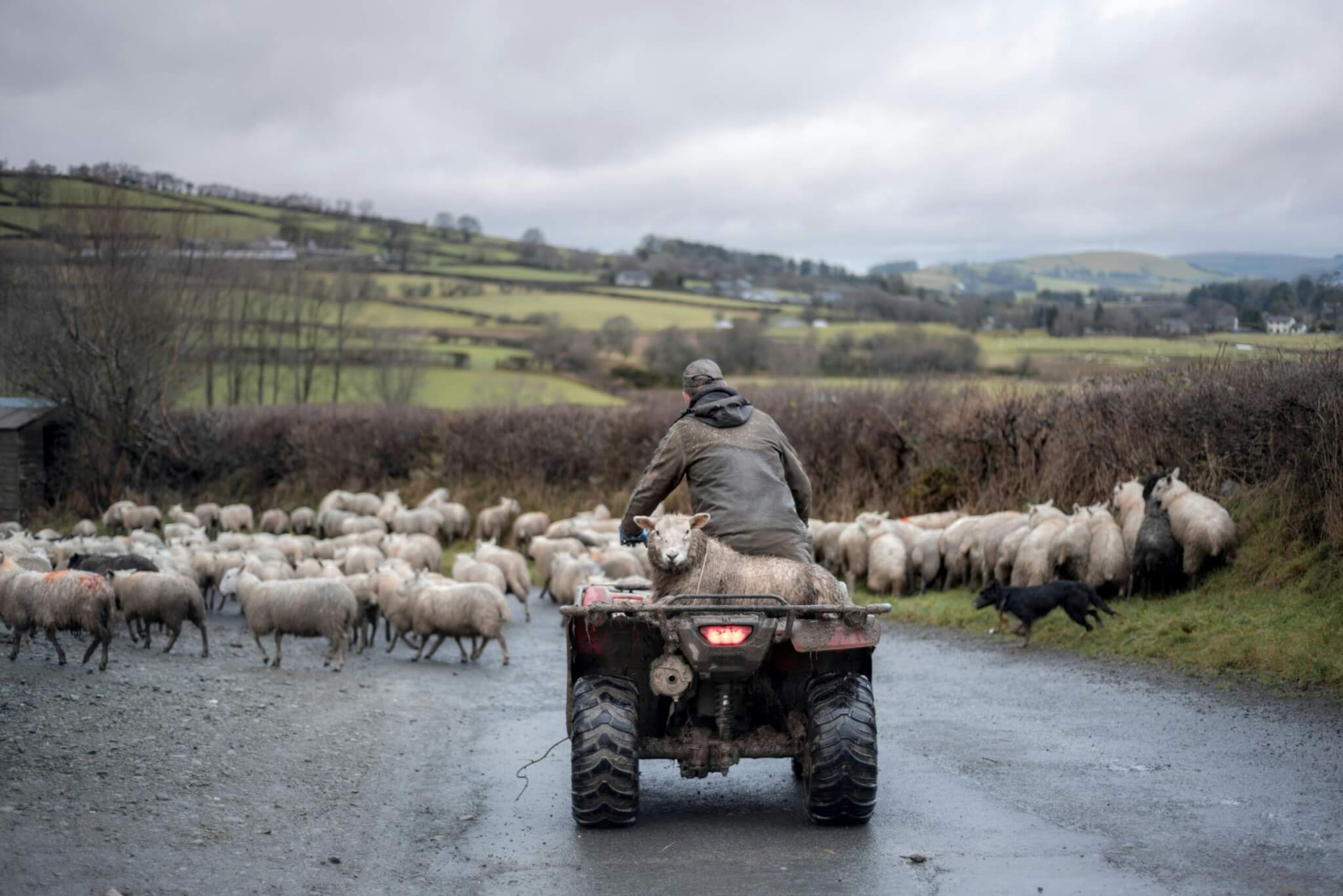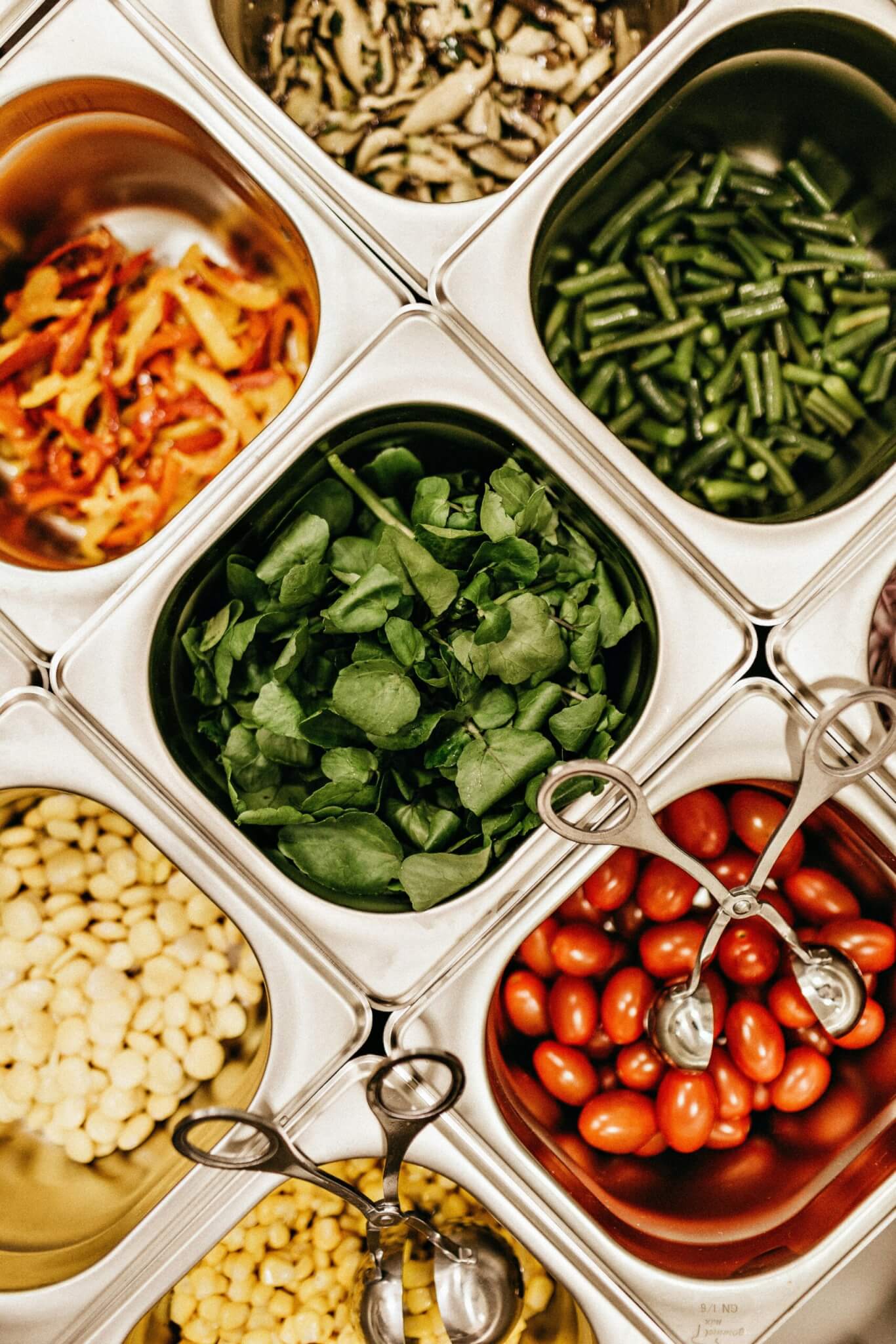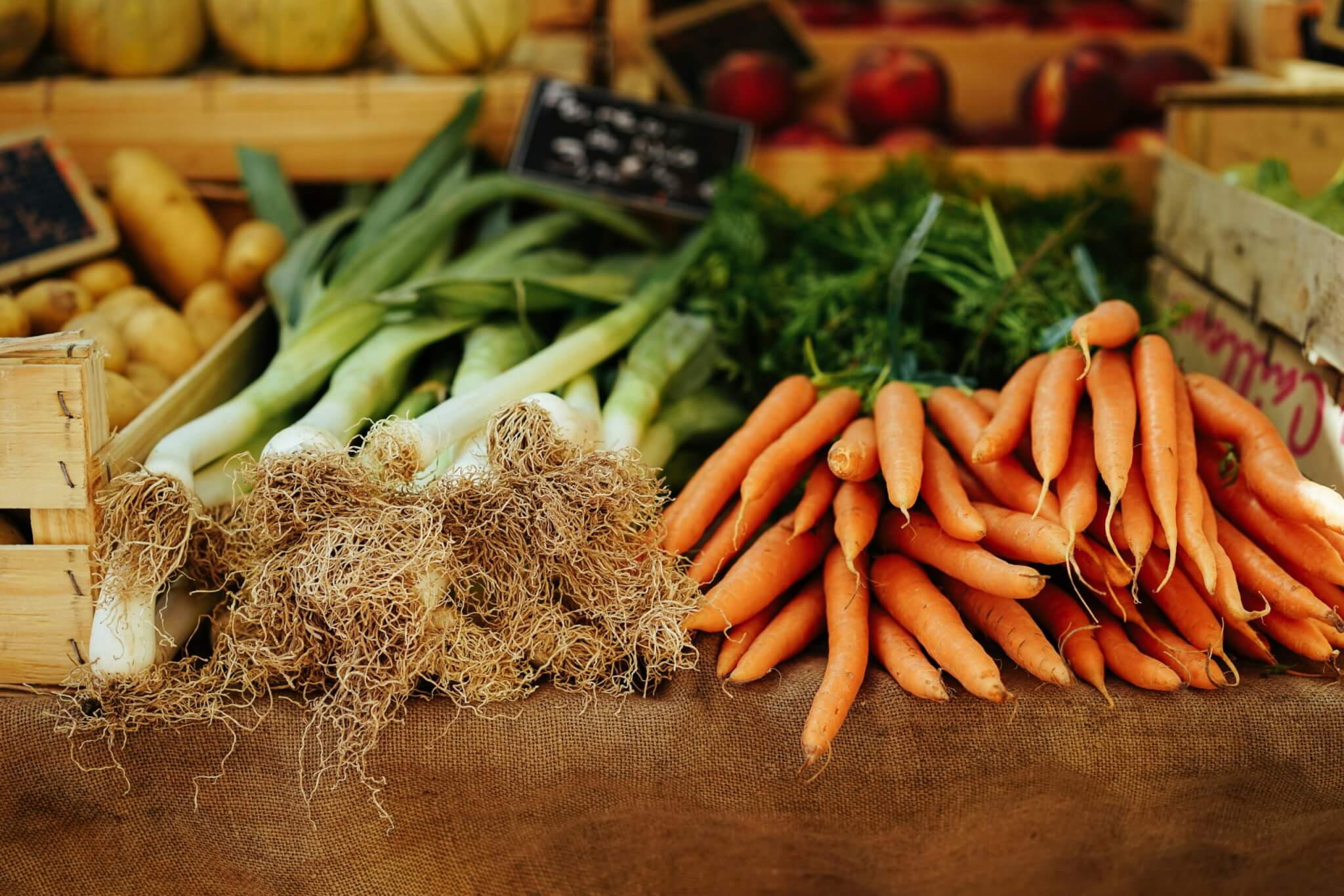Last week I argued that farming without pesticides, though not easy, was possible, and that we should look to ecology rather than the agrochemical industry for pest control, and even to guide agricultural policy. With 30 years of practice, 500 staff and thousands of acres of organic land supplying your boxes, I hope cynics will not dismiss me as a starry-eyed dreamer. When I started converting Riverford to organic, one of the staff who hoed swedes as a boy said, “Don’t expect me to hoe out the weeds”, reflecting the common assumption that farming organically means going back, that the only progress possible was the version promoted by the agrochemical industry. Yet without a drop of herbicide, no-one has hoed a swede here for 20 years; with modern weeding equipment and precision drills, we found a better version of progress.
So why is the myth that there is no alternative to pesticides so firmly held by farmers and policymakers? Largely as it is easier to make money selling chemicals globally than it is to sell knowledge locally; compare the marketing and lobbying might of the $207 billion agrochemical industry concentrated in the hands of four global corporations with that of small scale, isolated proponents of a chemical-free farming alternative. As a result, for 50 years agricultural policy has been shaped more by the needs of the agricultural supply industry than farmers, the environment or consumers. Food has got cheaper but I would argue we are paying the price with our health, soils, wildlife and the environment, none of which appear on anyone’s balance sheet.
This is compounded by the fact that over those 50 years, farms have become larger and more specialised to become more economically viable. The tradition of mixing cows, sheep, pigs and chickens with annual and perennial crops and hedges is challenging, and being rapidly replaced by specialised dairies or grain producers with a consequent loss of ecological diversity and stability, and, critically, broad husbandry skills. Market forces will not deliver a sane agricultural policy because they don’t value what so many of us hold dear; that is our countryside, our wildlife, and real food produced with respect. Could Brexit and its intrinsic agricultural policy reform be the opportunity for something saner?
Guy Watson
Find out more about our pesticides campaign here.












0 Comments